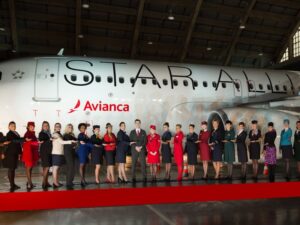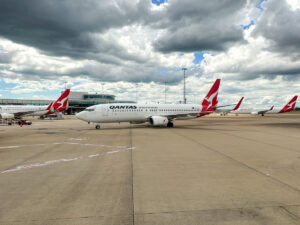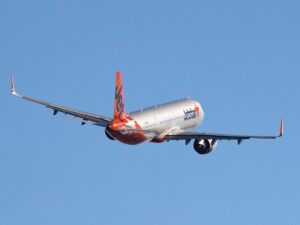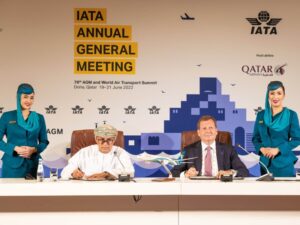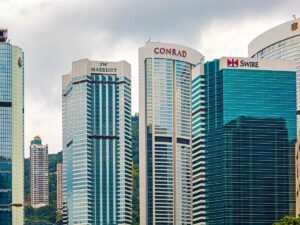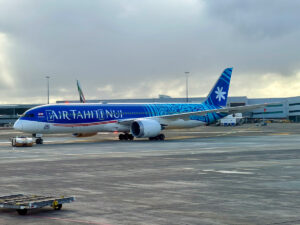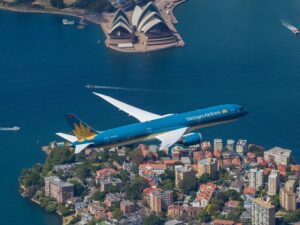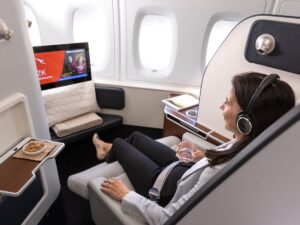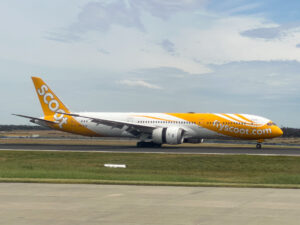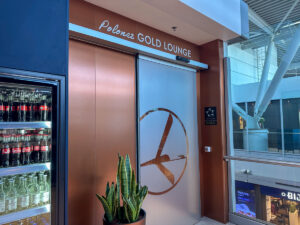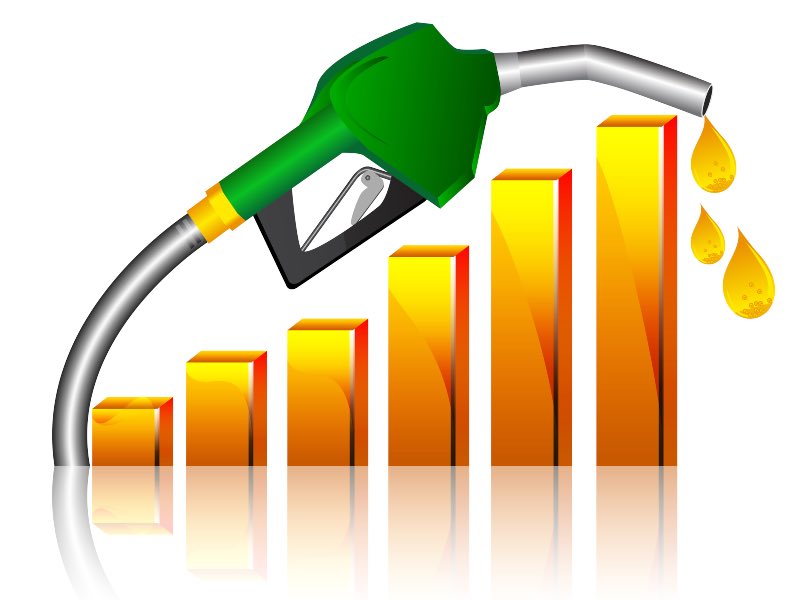
Fuel surcharges have long been a pet hate of frequent flyers. They add to the cost of frequent flyer redemption tickets, and in extreme cases, can be even higher than the cost of a regular ticket on the same flight!
With worldwide oil prices now at record lows, and airlines desperate to fill seats, a growing number of airlines and frequent flyer programs have recently reduced fuel surcharges – or even eliminated them entirely. But many airlines still have stubbornly high fuel surcharges that bear no resemblance to the price of fuel. (Perhaps that’s why many airlines have renamed these egregious fees to “carrier charges”…)
What are fuel surcharges and carrier charges?
The term “carrier charges” is basically just a euphemism for “fuel surcharges”, which were originally introduced by some airlines in 2004 when oil prices were high. While fuel and carrier surcharges are generally included in the price of your ticket, many airlines require them to be paid in addition to the points and genuine taxes when redeeming frequent flyer points for a reward flight.
Qantas removed fuel surcharges from revenue tickets in July 2015, much to the delight of travel agents (who don’t receive commission on the fuel surcharge component of airfares). But Qantas – like many other airlines – has continued charging these surcharges on award bookings… just under the new name of “carrier charges”.
For a long time, Velocity Frequent Flyer didn’t have carrier charges. But Velocity Frequent Flyer introduced carrier charges on Virgin flights in January 2019 after realising that if Qantas was getting away with it, Virgin could too. Velocity then increased its charges again in January 2020, just months after Qantas reduced carrier charges on its own flights in response to a customer backlash.
On Qantas domestic flights, Qantas Frequent Flyer carrier charges are fixed at $14 per sector. When redeeming Velocity points, Virgin’s carrier charge is now $10 per domestic flight.
But as we’ll see shortly, fuel and carrier surcharges can be much, much higher on international flights. This may not be an issue right now, but borders will eventually reopen. Many Qantas Frequent Flyer members who have been earning points in the interim period to use towards an international trip may be in for a shock.
When award seats are in high demand, carrier charges can generate extra revenue for the airline. But when flights are in low demand – such as right now – they could actually put customers off redeeming their points for a reward seat. Those empty seats then remain empty. Having consistently high carrier charges can also cause frequent flyers to disengage with the airline’s loyalty program or switch to a competitor. That’s not what airlines want right now!
Some airlines have recently reduced carrier charges
With oil prices now at record lows and airlines desperate to fill planes again, some airlines have actually reduced or eliminated their fuel and carrier surcharges recently. That’s good news!
Last month, for example, ANA axed all fuel surcharges and Finnair removed fuel surcharges on long-haul award tickets. Japan Airlines too is not currently charging fuel surcharges. And back in May, Cathay Pacific eliminated fuel surcharges almost entirely as well.
They join airlines including Singapore Airlines, LATAM Airlines, Fiji Airways, United, Alaska Airlines and Avianca, which did not levy fuel or carrier charges even before COVID-19.
Even Emirates, which has historically had notoriously expensive carrier charges, reduced its fees substantially in May. Infamously, this prompted Qantas Frequent Flyer to increase the number of points required to book Classic Flight Reward tickets on Emirates – a change which comes into effect from 1 September 2020. But Qantas says customers will be better off overall.
Many airlines retain stubbornly high surcharges despite low fuel costs
Sadly, not all airlines have reduced their carrier charges in response to the sharp drop in fuel prices.
Want to redeem miles to fly with Swiss Business class from Chicago to Zurich? In addition to the miles, that’ll also cost you USD674.50 (~$947) in taxes & charges per passenger, one-way.

If we take a closer look at the cost breakdown for the above KrisFlyer award booking, the “airport/government taxes” comprise of a US$5.60 (~$8) security fee and a US$668.90 (~$939) “Airline Fuel and Insurance Surcharge” which goes directly into the pocket of the operating airline.
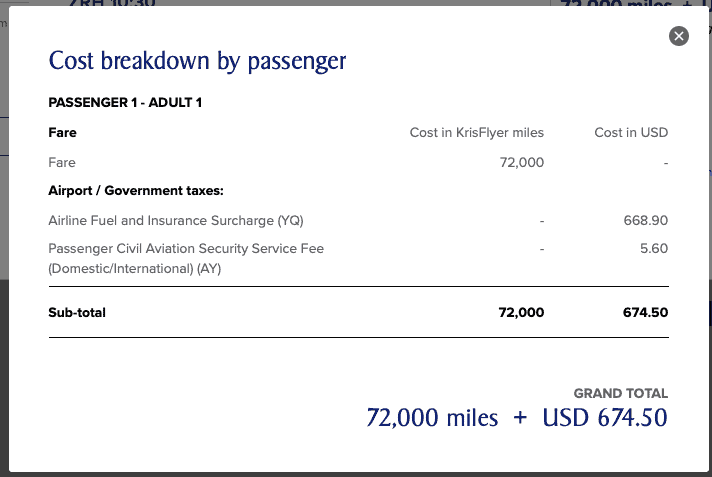
By comparison, an identical redemption flying with United Airlines (which unlike Swiss, doesn’t have carrier charges) attracts just USD5.60 (~$8) in taxes. The difference is absurd!
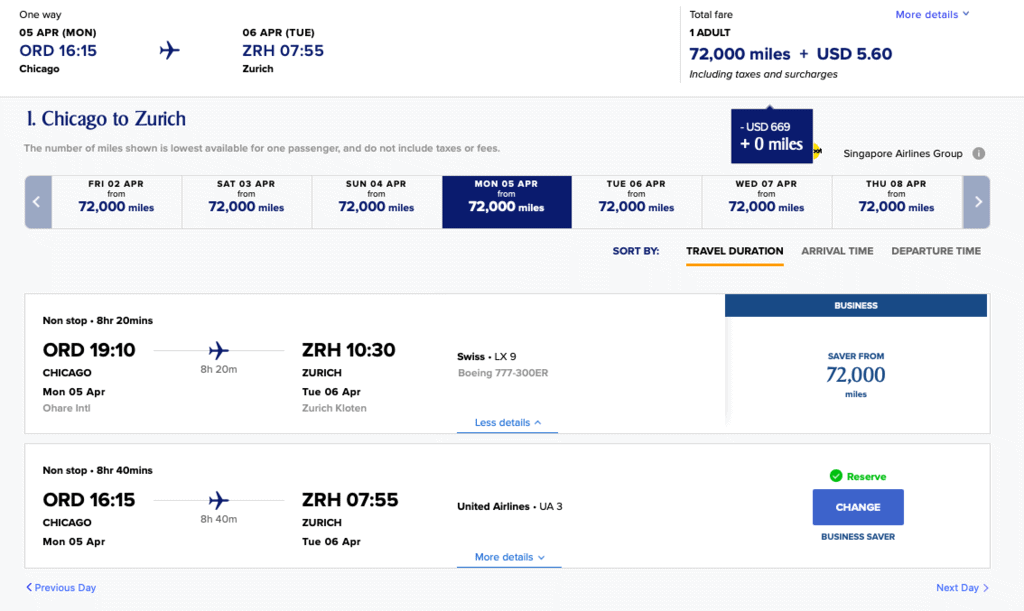
Want to redeem Qantas points (or British Airways Avios, for that matter) to fly with British Airways from New York to London in Business class? The additional taxes & charges will also cost you USD674.50 (~$947), which happen to be exactly the same amount as that Swiss Air ticket. Of this amount, once again, US$668.90 (~$939) is made up of British Airways carrier charges.
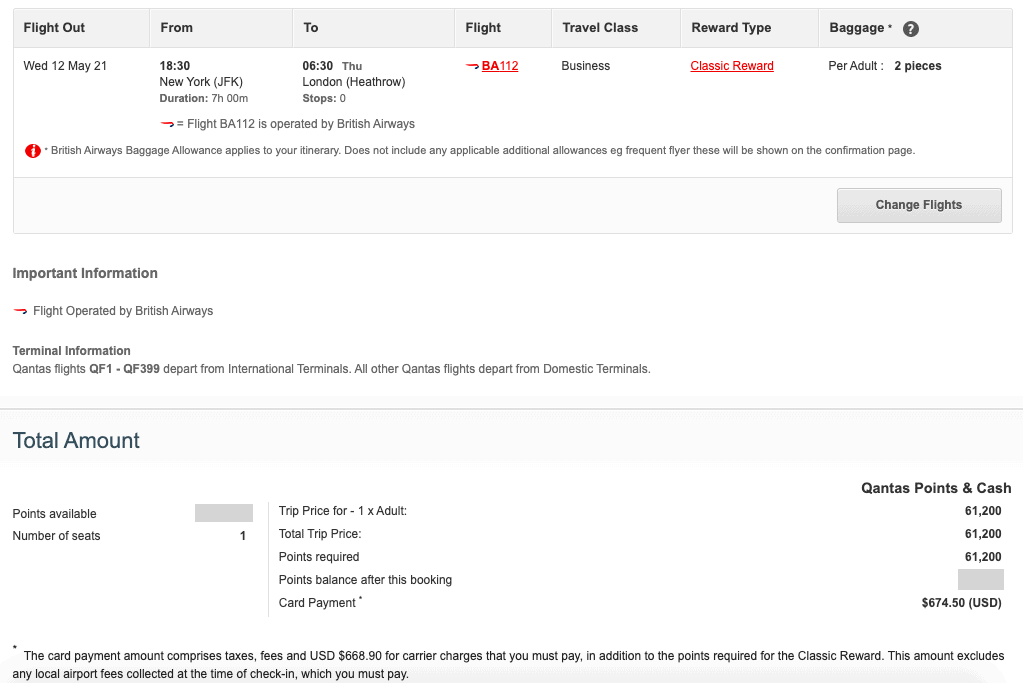
On a return ticket for two passengers, that adds up to almost $4,000. That doesn’t even include the cost of choosing a seat in British Airways Business class (which, by the way, would cost at least $636 extra)!
American Airlines used to be one of the airlines that didn’t pass on any fuel surcharges. Sadly, American has bucked the trend and actually increased its fees lately. The American Airlines fuel surcharges are thankfully not as bad as British Airways. But flying New York-London in Business class would still set you back USD224.50 (~$315) in taxes on top of any points paid, with USD218.90 (~$307) comprising of fuel surcharges.

Royal Jordanian is another Oneworld airline with stubbornly high carrier charges. A one-way Economy class seat on this 45-minute flight from Amman to Tel Aviv would cost you 10,000 Qantas points and a co-payment of GBP150.70 (~$269). This includes $163 in carrier-imposed charges:
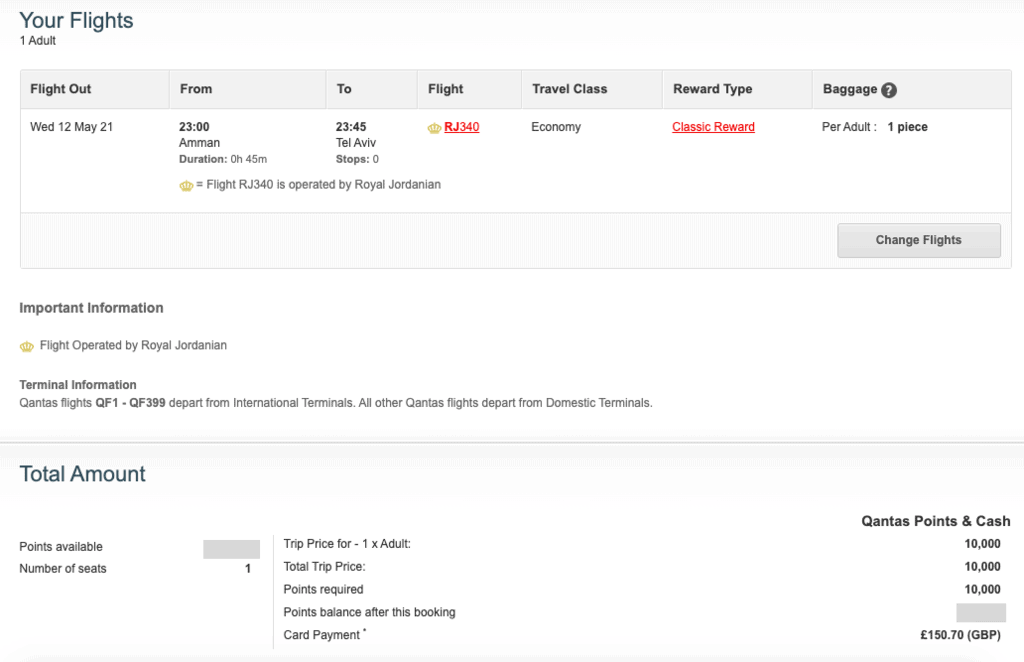
Oneworld’s Qatar Airways, a favourite among Australian travellers for its great Business class product, also has particularly high carrier charges. When redeeming Qantas points for a one-way Qatar Airways Business class flight from Perth to Amsterdam via Doha, you’d pay an additional $457.40 just in carrier charges. (That doesn’t include the genuine taxes and points component.)
KLM is yet another Qantas Frequent Flyer partner with unjustifiably high carrier charges. A one-way Economy class flight from Amsterdam to Paris, for example, costs 10,000 Qantas points + $133 in taxes & charges. KLM’s carrier charges alone comprise $86 of the tax component. To put this into perspective, the last time I paid for a KLM ticket on the same route, my total airfare was only $83!
It’s a similar story with many other KLM and Air France intra-Europe redemptions, which are shockingly poor value.
With fuel prices at record lows and planes flying empty, there is absolutely no justification for such obscene fuel surcharges any longer.
Fortunately, the general trend we’re seeing now is for airlines to reduce their carrier charges. Let’s hope this continues.


